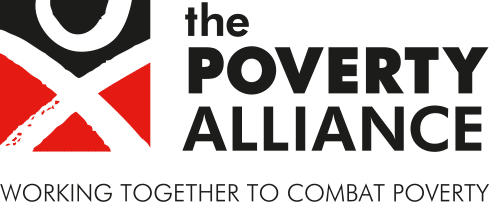“Access to energy is an essential basic right in society. You can’t function without it – you can’t cook, you can’t clean yourself, you can’t get access to the internet, which if you’re trying to apply for jobs, you must have. Everything is connected and having access to affordable energy is at the core.”
An interview with Lynn Smith, Marketing Manager at Scarf

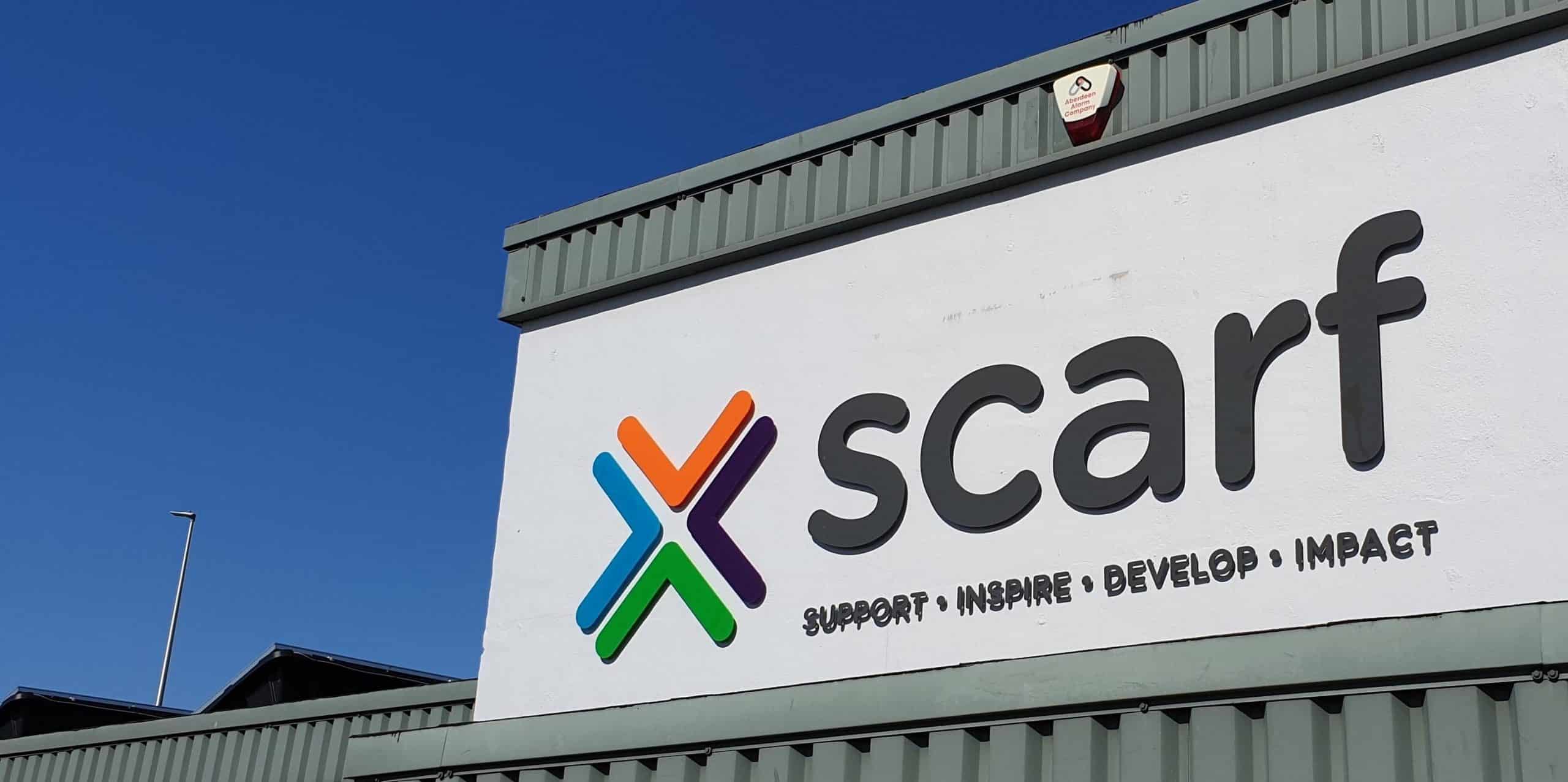

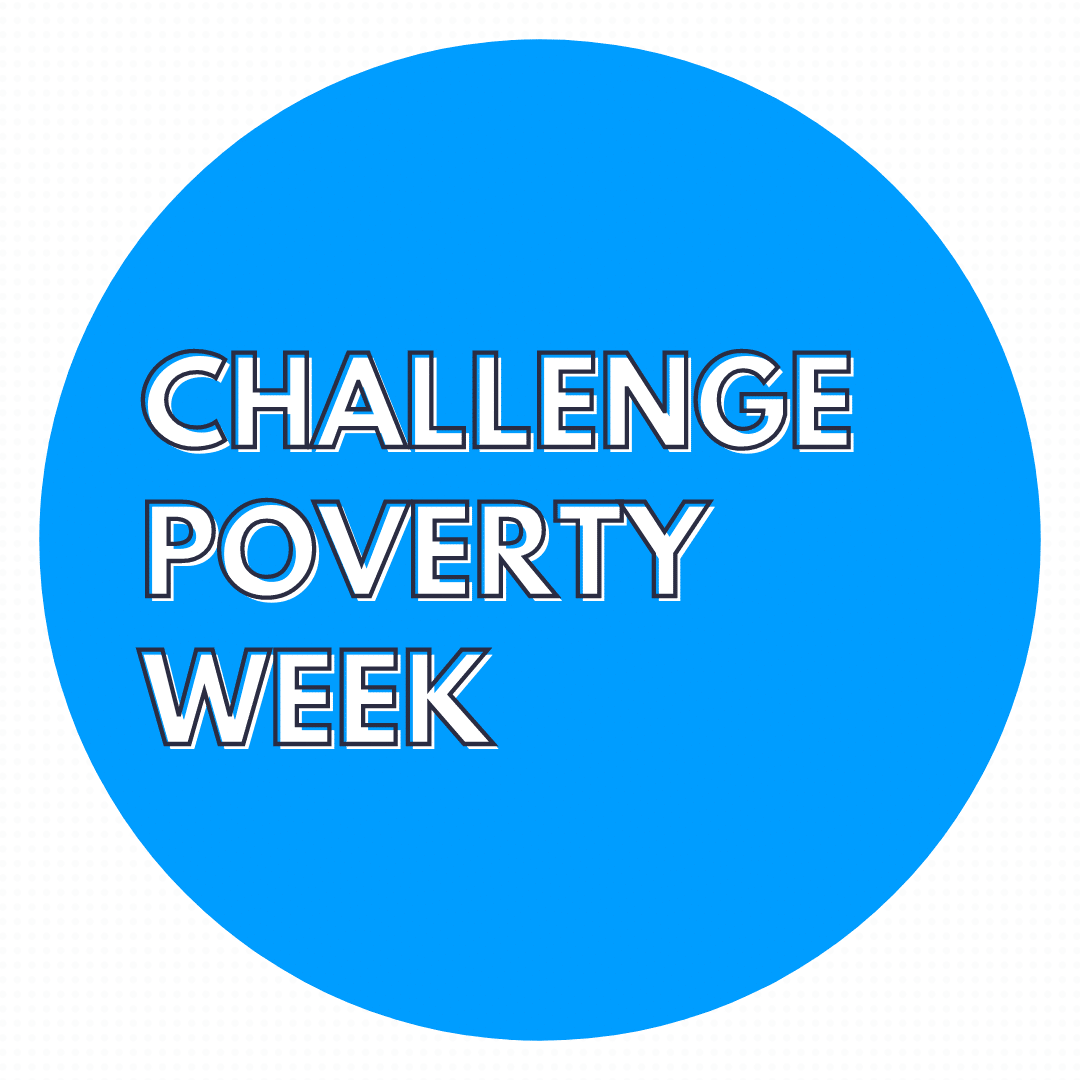
Scarf, an accomplished social enterprise headquartered in Aberdeen, has been delivering a range of services to householders, businesses and communities throughout Scotland since its launch in 1985.
Scarf’s original aim was to eradicate fuel poverty and although this purpose remains at their core, Scarf has also diversified their offering and today makes a real practical difference to individuals and organisations by offering help and advice on energy efficiency, conservation and affordability.
As we head toward winter, a UK wide energy crisis looms. With prices set to skyrocket, coupled with financial issues caused a result of the Covid-19
pandemic, many households will struggle to afford their energy bills.
As part of our series of blogs for Challenge Poverty Week 21, Lynn Smith, Marketing Manager at Scarf talked to us about the work of the organisation, the support they offer for people facing issues with affordability of energy bills and how they actively work to tackle fuel poverty.


Scarf’s original aim was to eradicate fuel poverty and although this purpose remains at their core, Scarf has also diversified their offering and today makes a real practical difference to individuals and organisations by offering help and advice on energy efficiency, conservation and affordability.
As we head toward winter, a UK wide energy crisis looms. With prices set to skyrocket, coupled with financial issues caused a result of the Covid-19 pandemic, many households will struggle to afford their energy bills.
As part of our series of blogs for Challenge Poverty Week 21, Lynn Smith, Marketing Manager at Scarf talked to us about the work of the organisation, the support they offer for people facing issues with affordability of energy bills and how they actively work to tackle fuel poverty.
“At Scarf, the original aim was to work towards eradication of fuel poverty and although over the years that has remained at the forefront of what we do…
…we also work with partner organisations with the ambition of achieving net zero through programs of energy conservation and carbon reduction.
“Our biggest contract is with Home Energy Scotland, the Scottish Government’s flagship energy conservation scheme. Through that we provide predominantly telephone advice to householders on ways they can reduce their fuel bills and get them access to grants and schemes, particularly the Scottish Government’s Warmer Homes Scotland programme.
“As I mentioned, carbon reduction is an issue we work towards tackling and we are able to provide renewable support and also advice on active travel and reducing your water consumption. All facets of our work complement each other with an energy consumption theme that runs through it – obviously by having a better insulated, more efficient home you are bringing down your energy bills so there’s a correlation there.
“Throughout the pandemic the majority of the advice and support we offered dealt with fuel debt, making better use of heating controls, looking at ways to reduce fuel bills and helping people to apply for grants such as the warm home discount. This was for the most part conducted over the phone. As restrictions have eased recently, we are hoping to be able to offer more home visits soon and I’m glad to say that during Challenge Poverty Week we are able to offer drop-ins at our offices in Cotton Street in Aberdeen.
“During the pandemic we certainly saw an upturn in the amount of people coming to seek help from us. Social distancing restrictions obviously posed a challenge in terms of service access but, just like all other services, we just had to adapt. We realised too that it would be beneficial to further strengthen our community partnership links, and right at the start the pandemic reached out to other organisations so that we could really build that little network of support.
“A lot of the intel gathered at the start of lockdown was that people were really struggling but they didn’t know what support was available or where to find it. So, it was very much about collectively coming together to ensure that everybody knew how all the different pieces of the jigsaw fitted together. The third sector can often be quite a complex puzzle because everybody gets pots funding for different things, so through partnership working we very much tried to bring a bit of clarity to that. Having that visibility and allowing members of the support community to know what each other were doing was crucial in ensuring help was reaching those who needed it most. Sharing experiences and knowledge was so beneficial for us as there were so many worries for a lot of people who were facing unprecedented challenges and financial uncertainty.


“As I mentioned, carbon reduction is an issue we work towards tackling and we are able to provide renewable support and also advice on active travel and reducing your water consumption. All facets of our work complement each other with an energy consumption theme that runs through it – obviously by having a better insulated, more efficient home you are bringing down your energy bills so there’s a correlation there.
“Throughout the pandemic the majority of the advice and support we offered dealt with fuel debt, making better use of heating controls, looking at ways to reduce fuel bills and helping people to apply for grants such as the warm home discount. This was for the most part conducted over the phone. As restrictions have eased recently, we are hoping to be able to offer more home visits soon and I’m glad to say that during Challenge Poverty Week we are able to offer drop-ins at our offices in Cotton Street in Aberdeen.
“During the pandemic we certainly saw an upturn in the amount of people coming to seek help from us. Social distancing restrictions obviously posed a challenge in terms of service access but, just like all other services, we just had to adapt. We realised too that it would be beneficial to further strengthen our community partnership links, and right at the start the pandemic reached out to other organisations so that we could really build that little network of support.
“A lot of the intel gathered at the start of lockdown was that people were really struggling but they didn’t know what support was available or where to find it. So, it was very much about collectively coming together to ensure that everybody knew how all the different pieces of the jigsaw fitted together. The third sector can often be quite a complex puzzle because everybody gets pots funding for different things, so through partnership working we very much tried to bring a bit of clarity to that. Having that visibility and allowing members of the support community to know what each other were doing was crucial in ensuring help was reaching those who needed it most. Sharing experiences and knowledge was so beneficial for us as there were so many worries for a lot of people who were facing unprecedented challenges and financial uncertainty.
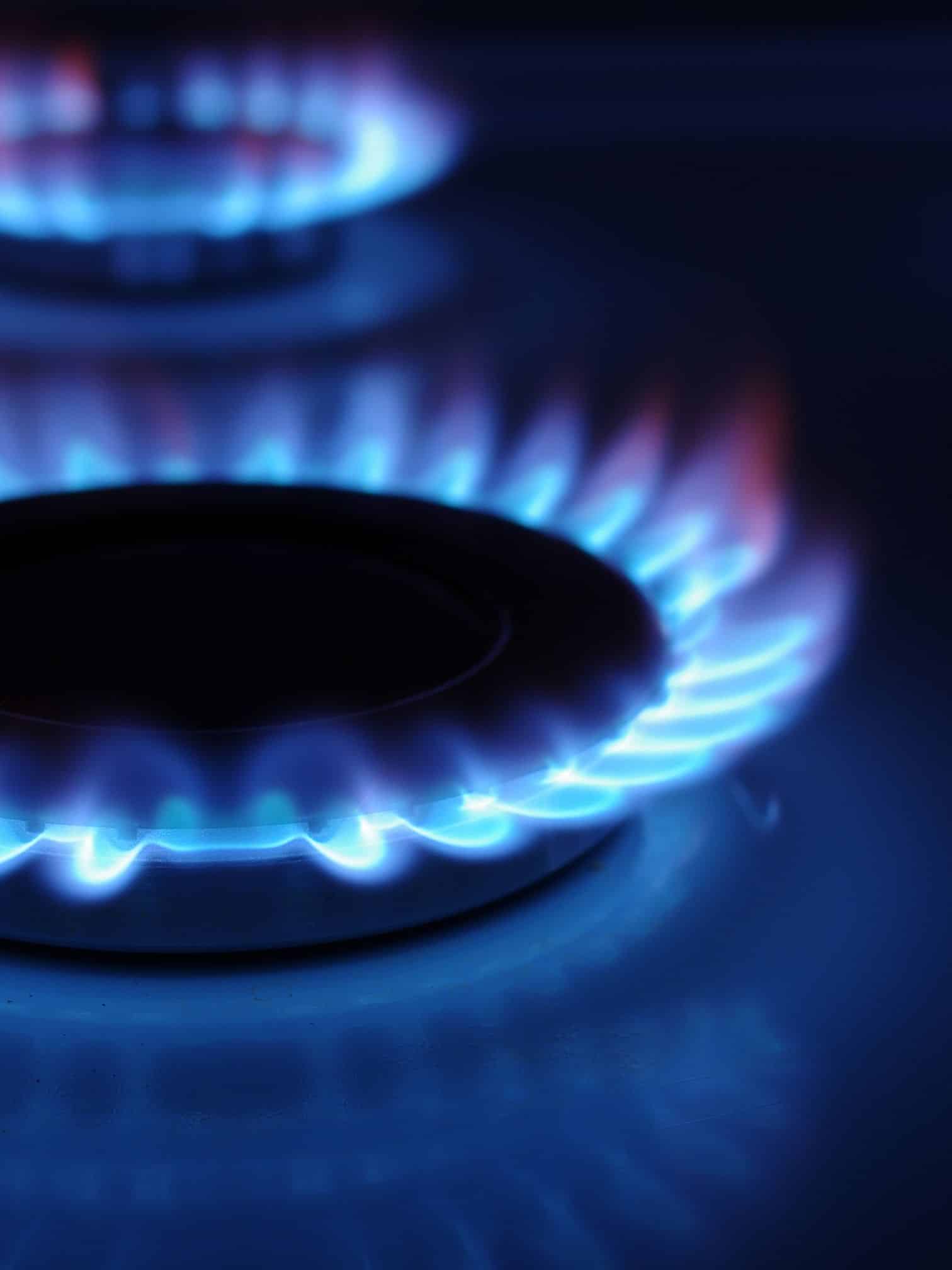
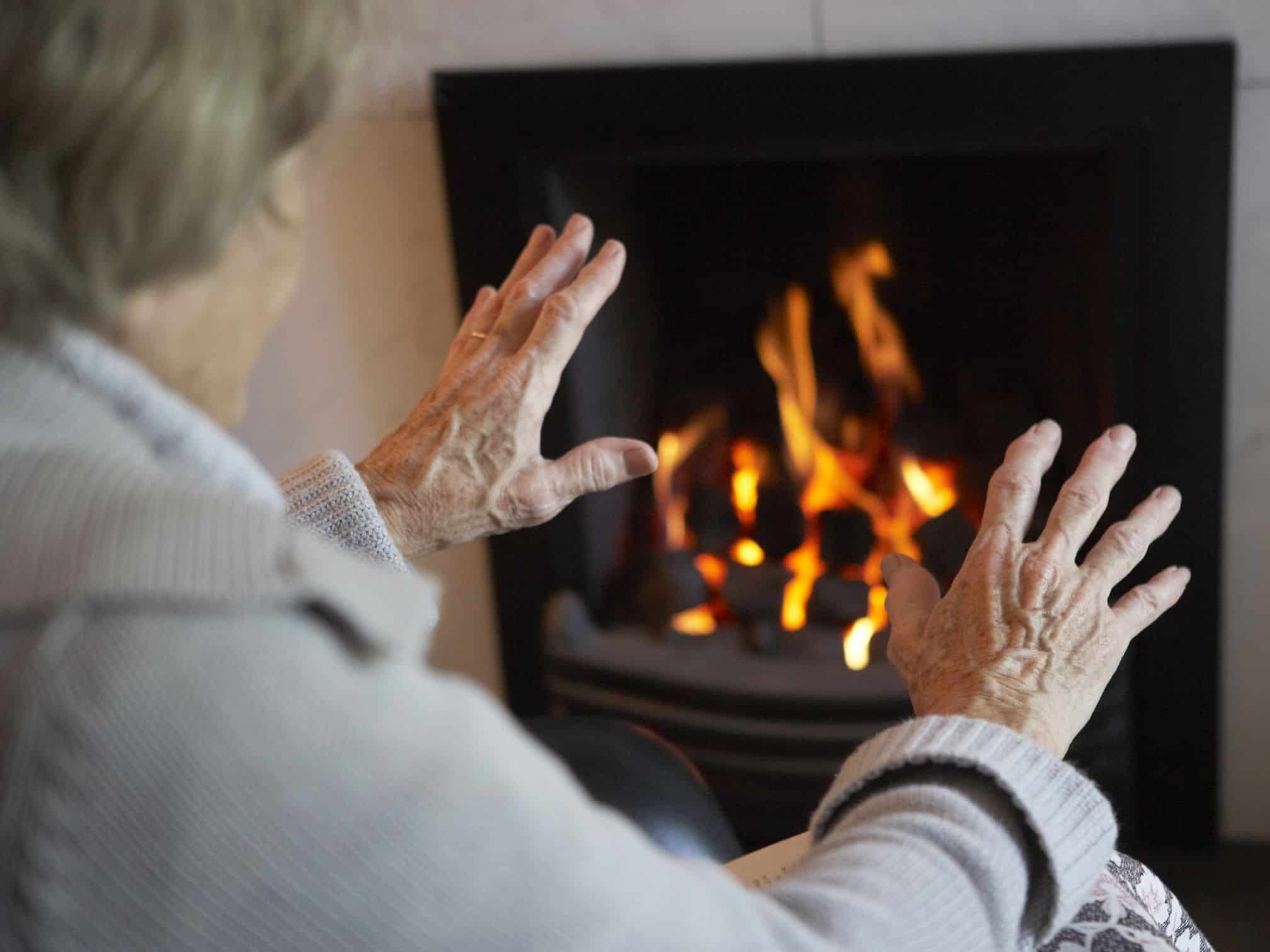
When asked about the current rising energy costs being witnessed across the country, Lynn acknowledged that these would likely cause concern but wanted to emphasise the fact that help is available…
“Understandably there has been a lot of initial worry and concern. What we have been looking to do is to stabilise that and offer reassurance; when people contact us we always tell them not to panic, make sure you have your metre readings and know that, even if your supplier collapses and goes to the wall, you are not doing to be cut off and left, literally, in the dark.
“We want people to make contact with us if they are concerned and from there we can establish a relationship with them so that we can work together to make sure that they’re kept abreast of any new developments and that they are applying for any discounts or grants they are eligible for. This also puts us in the position to be able to asses their situation and refer them to our partner organisations who can offer further specialist support to meet their needs.
“The current situation has meant that energy companies have been experiencing an increased demand on their call centres which has resulted in long wait times and to them suggesting that as an alternative people make contact over the internet, using live chat for example. From our experience however, we know that not every household can afford to have their phone credit drained by being left on hold or have access to the technology or the internet connection required to make contact using alternative means. When people come direct to us we can help them navigate the system, offer practical and quick solutions and help to eliminate that worry, frustration and uncertainty.
“So, if people have found themselves in the situation where their energy bills have suddenly shot up and they are unable to afford them, I would suggest that the first thing they should do is get in contact with Scarf directly. We can work with them to check and see what we can do to help, signpost them to other services and support available and even arrange a home visit to talk them through ways of conserving energy and lowering bills”

“Fundamentally, access to energy is an essential basic right in society. You can’t function without it, you can’t cook, you can’t clean yourself, you can’t get access to the internet, which if you’re trying to apply for jobs you must have. Everything is connected and having access to affordable energy is at the core. Being unable to afford energy is devastating for someone experiencing poverty and without access to it the cycle unfortunately continues.
“There’s a lot said about people making choices between ‘heating or eating’, that’s not a position anyone should ever find themselves in so we are here to support them and to try and help them navigate their way through this minefield.
“We’re very conscious too that poverty is poverty. We are mainly focussed on working toward ending fuel poverty but all strands of poverty are interconnected. As well as fuel poverty you have food poverty, child poverty, period poverty – poverty is the fundamental root of all of these issues and it’s often the case that people are juggling all their different outgoings just to keep their head above water. If we can help alleviate one stem of poverty, some of the pressures around the energy bills, then it frees up money for some of those other essentials.
“It’s the basic things that people need to get through their day. We’re not talking about the provision of luxuries we’re talking about being able to switch the lights on, heat your home and cook your meals – all very basic necessities that everyone is entitled to and we work to ensure that people have fair access to it”.

More information about Scarf can be found at scarf.org.uk
or they can be contacted by phone at 01224 213005 or via email at info@scarf.org.uk

